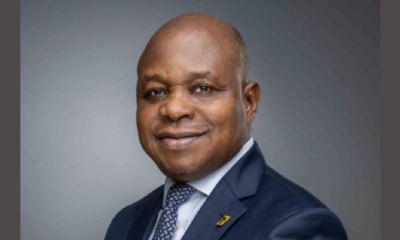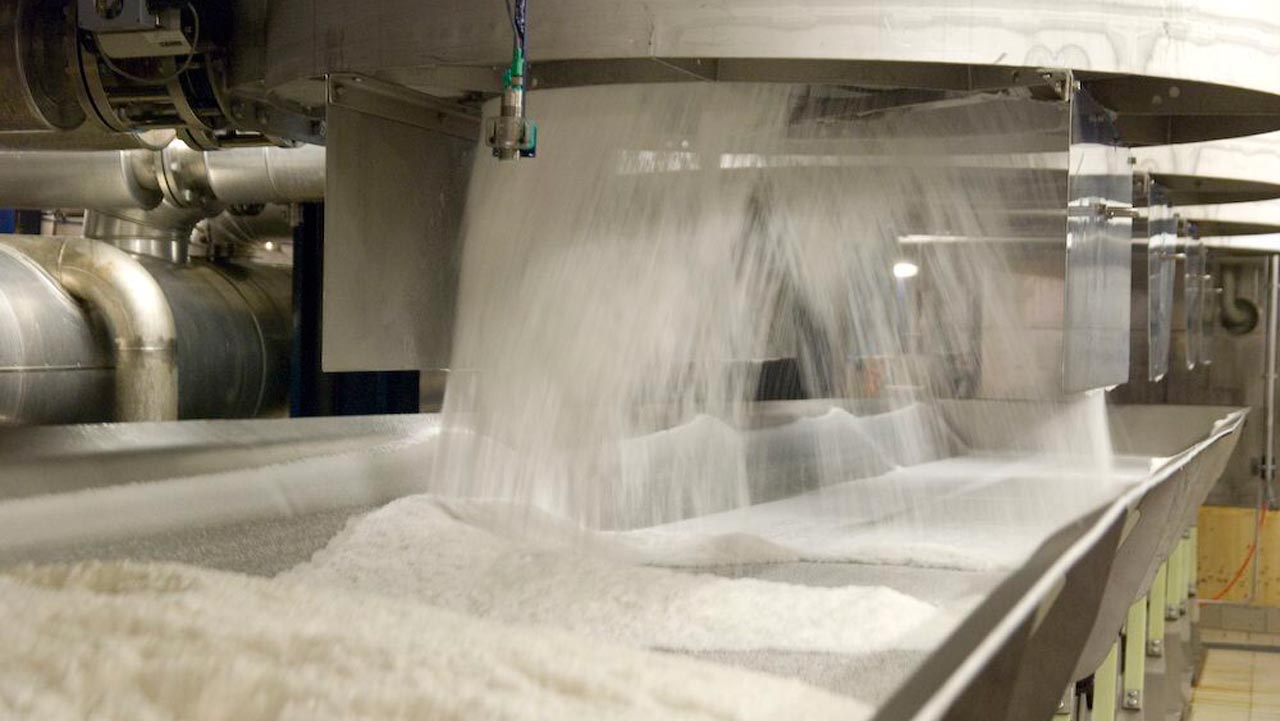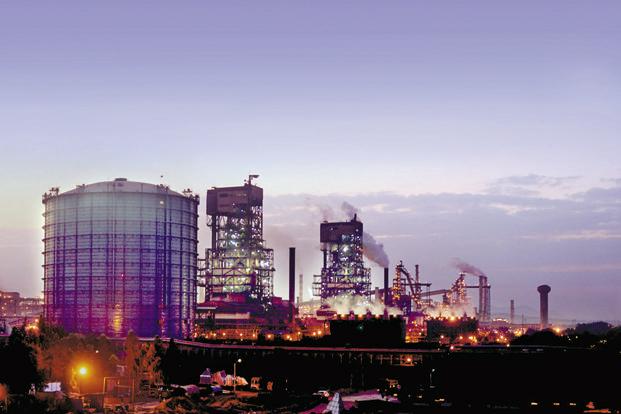Minister of State for Petroleum Resources (Oil), Heineken Lokpobiri, announced on Monday that approximately $16.6 billion in investments have been committed over the past year.
This significant influx of capital marks a period of rejuvenation for the oil sector following years of stagnation caused by policy inconsistencies and the delayed passage of the Petroleum Industry Act.
Lokpobiri shared these updates during a briefing in Abuja, where he highlighted the achievements in the oil sector since President Bola Tinubu assumed office on May 29, 2023.
The minister emphasized that the government’s efforts to create a more investment-friendly environment have paid off, attracting substantial foreign and domestic investments.
Rekindling Investor Confidence
“One of our main objectives has been to create an environment where investments can thrive,” Lokpobiri stated. “Today, I am pleased to announce that our efforts have rekindled investor confidence in the sector.”
He pointed to notable investments, including $5 billion and $10 billion commitments in deepwater offshore assets, and a $1.6 billion investment in oil and gas asset acquisition.
The surge in investments is attributed to a series of roadshows in the United States and Europe, which successfully showcased Nigeria’s potential and the government’s commitment to sectoral reforms.
This renewed global interest is also evident in the ongoing bid rounds for new assets.
Production Increase and Strategic Initiatives
A significant achievement since President Tinubu took office is the increase in crude oil production.
“When we took office, production was at approximately 1.1 million barrels per day, including condensates,” Lokpobiri reported. “Today, I am proud to report that we have increased our production to approximately 1.7 million barrels per day, inclusive of condensates.”
To achieve this increase, the government has undertaken several strategic initiatives.
These include revamping redundant oil assets, continuous engagement with international oil companies, and resolving industry disputes.
Efforts to protect critical assets and reduce oil theft have also been intensified, with collaborations between private security firms and government agencies leading to a sharp decline in crude oil theft.
Upcoming $20bn Expansion Deal
In addition to the recent investments, Lokpobiri revealed that the Federal Government is on the verge of finalizing a $20 billion deal aimed at further boosting oil and gas production.
During a meeting with Olivier Le Peuch, CEO of Schlumberger Limited, Lokpobiri disclosed that negotiations with major investors are nearing completion. “Investments of over $20 billion are coming. One company alone will invest $10 billion,” he noted.
This deal, once consummated, will represent one of the largest single investments in Nigeria’s oil sector in recent history, promising to significantly enhance the country’s production capacity and economic growth.
Ongoing and Future Projects
Lokpobiri also highlighted the commencement of production from Oil Mining Leases (OMLs) 13 and 85, managed by Sterling Exploration and First E&P respectively.
These projects are expected to produce an average of 20,000 and 40,000 barrels per day, further bolstering Nigeria’s output.
This period of renewed investment and increased production is a testament to the government’s commitment to optimizing the nation’s oil and gas assets.
President Tinubu’s administration aims to sustain this momentum, ensuring continued growth and stability in the sector.
Government Transparency and Accountability
In line with President Tinubu’s directive for transparency, all ministers have been tasked with presenting their performance reports to the public.
The Minister of Information and National Orientation, Mohammed Idris, announced that the first-anniversary celebrations will include sectoral media briefings by the 47 federal ministers, starting on Thursday.
These briefings are designed to keep Nigerians informed about the government’s achievements and ongoing initiatives.

 Naira4 weeks ago
Naira4 weeks ago
 Naira3 weeks ago
Naira3 weeks ago
 Naira3 weeks ago
Naira3 weeks ago
 Naira3 weeks ago
Naira3 weeks ago


 Naira3 weeks ago
Naira3 weeks ago




 Naira2 weeks ago
Naira2 weeks ago
 Jobs4 weeks ago
Jobs4 weeks ago


 Appointments2 weeks ago
Appointments2 weeks ago




















